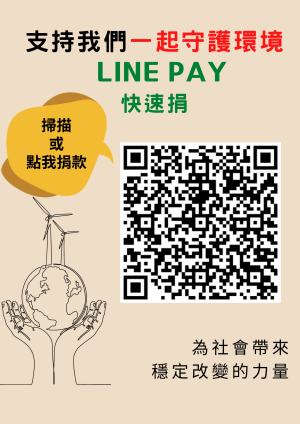社區核心的綠能革命:在地供電的新力量
您在這裡
Locally Sourced Power: Renewable Energy with Community at the Core
Written by Kaia McTigue
New Zealand Geothermal Association (NZGA)
The New Zealand Geothermal Association (NZGA) is a non-profit organization dedicated to the sustainable development of geothermal energy. The organization brings together industry experts, academic researchers, government representatives, and local communities, serving as a platform for knowledge exchange and environmental development.
Geothermal energy extracts heat from beneath the Earth’s surface, so unlike other renewable energy sources like wind or solar, which depend on the strength of the sun or wind, geothermal energy is always available. Most of the world’s potential for geothermal energy remains untapped, but New Zealand serves as a prime example for how the power of geothermal can be harnessed. New Zealand is rich in geothermal resources, especially in the volcanic regions of the North Island. Since 1958, geothermal power has contributed to the country’s electricity supply. Today, it accounts for about 17% of national energy generation—providing a reliable, low-carbon, and locally sourced energy option.
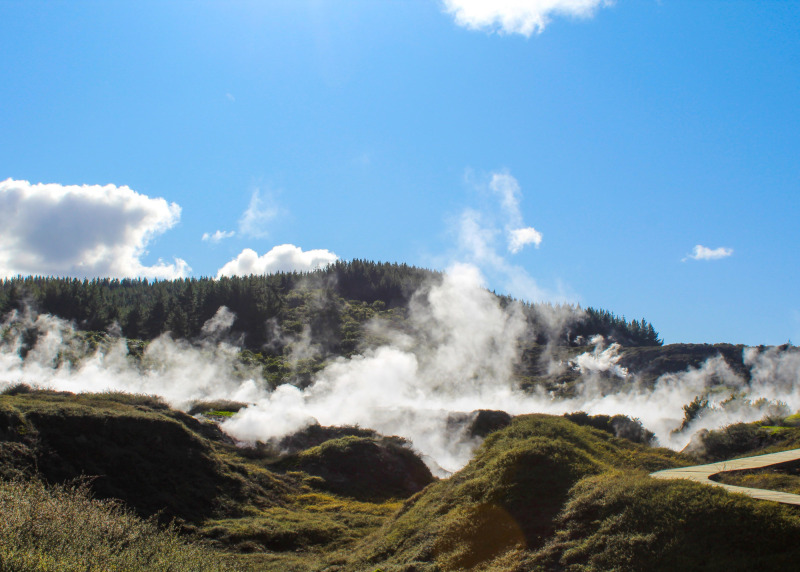
Through NZGA’s sustainability efforts, they uplift Māori, the indigenous Polynesian people of mainland New Zealand, through their involvement in geothermal development, recognizing their role as the rightful landowners and guardians (kaitiaki) of geothermal sites. NZGA association promotes Māori-led projects, facilitates access to technical knowledge and policy discussions, and ensures that cultural values and long-term community benefits are integrated into development plans. Instilling inclusive values into sustainability initiatives only pushes the cause further, promoting change on an environmental and social level.
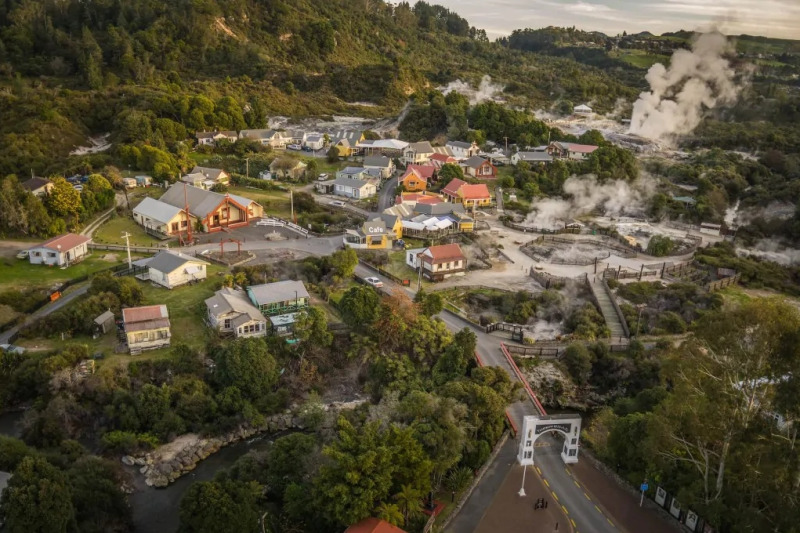
Caption: The Village of Whakarewarewa, also known as “The Living Māori Village.” Māori people have been using the fruits of geothermal activity for centuries, using it for heating, bathing, and cooking.
Since the Māori people have long inhabited Aotearoa (New Zealand) and traditionally relied on geothermal resources, the NZGA prioritizes setting a global example in respecting and protecting Indigenous communities during the development of renewable energy projects—especially those that may be invasive or disruptive to their land and livelihoods.
To ensure Māori involvement and benefit, the New Zealand government has created dedicated funding initiatives. One such program is the Māori and Public Housing Renewable Energy Fund, launched in 2020 with an initial budget of 28 million NZD. This fund supports the trial of renewable energy technologies in Māori and public housing, resulting in greater energy affordability and improved living conditions for many Māori households. Building on this success, the Community Renewable Energy Fund was introduced with an additional 46 million NZD to further support community-based renewable energy projects. Beyond funding, Māori communities also benefit through stake holding in geothermal ventures and access to internships and long-term employment to empower Māori youth.
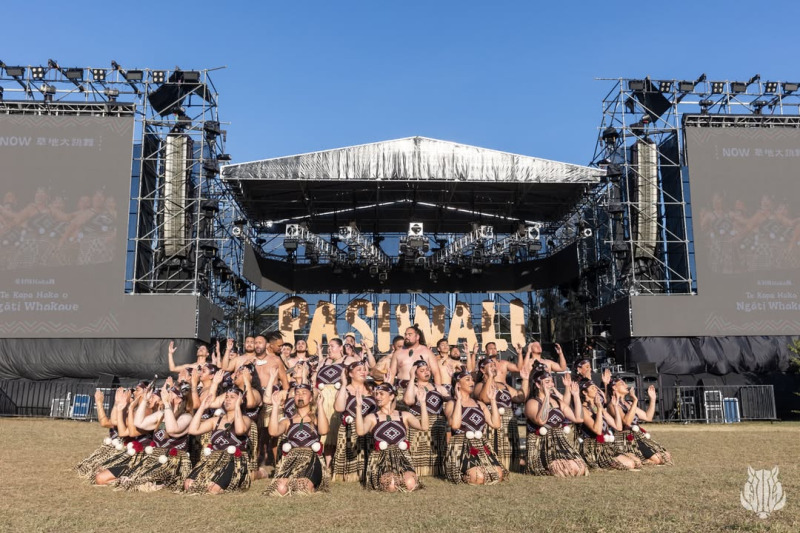
In addition to energy production, NZGA encourages geothermal use in direct heating, agriculture, tourism, and cultural preservation. It also engages internationally to promote geothermal cooperation across the Pacific. Annually, industry leaders, students, and teachers alike gather to participate in New Zealand Geothermal week, celebrating the great strides in the geothermal industry, and helps raise awareness for future projects.
The NZGA case highlights that a successful renewable energy transition requires inclusive planning, cultural respect, and the integration of community values—creating a sustainable and locally empowered model for clean energy development.
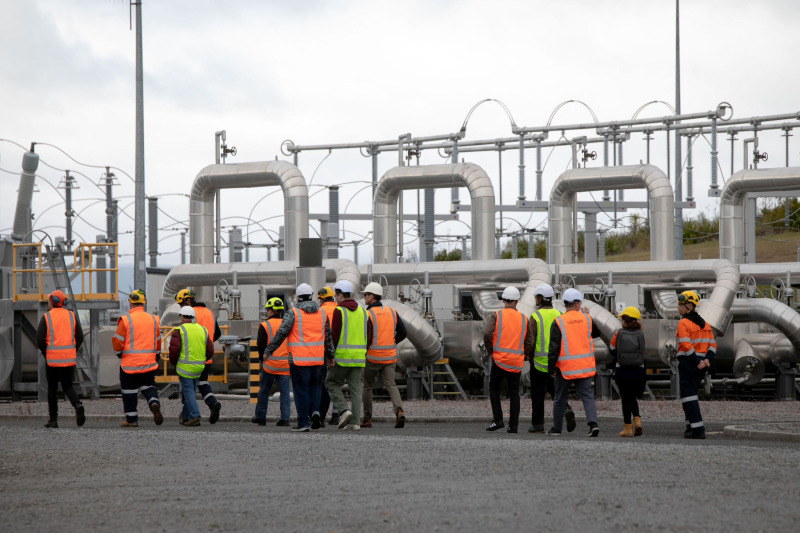
Minoan Energy Cooperative (MEC)
In 2019, the people of Arkalochori, a town on the island of Crete, Greece, embarked on a journey to take control of their energy future. They established the Minoan Energy Cooperative, a local initiative aimed at creating a sustainable, affordable, and equitable energy model for their community.
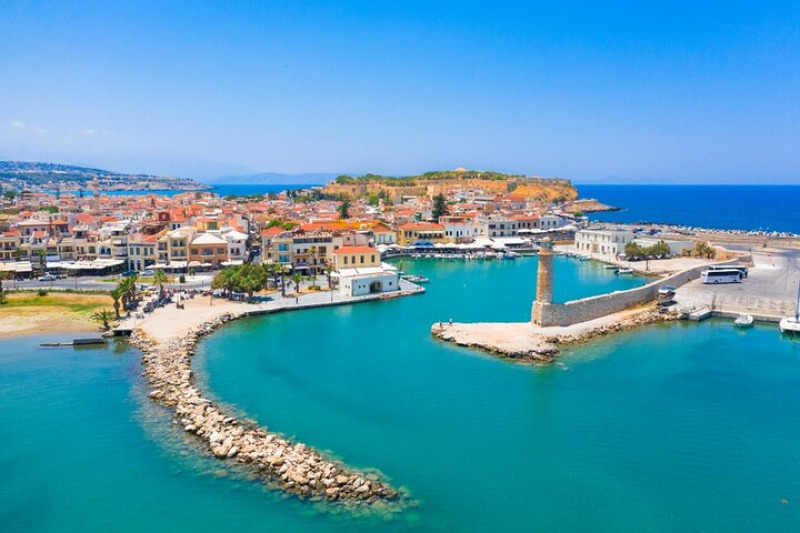
The cooperative, which began with approximately 400 members— made up of local residents and municipal officials—had the goal to develop solar energy projects that would benefit the people of Arkalochori, especially the most vulnerable families in the area. They focused their efforts on creating community-owned solar installations. The first net metering project, a 1MW solar farm, was successfully built, and they are currently expanding with a new 2MW solar farm that will increase their energy capacity. The power generated by these solar installations is used to supply electricity to the residents of Arkalochori, with a special focus on helping households that were impacted by recent earthquakes. By reducing their electricity bills, the cooperative not only provides cleaner energy but also alleviates the financial burden on families who need it most.
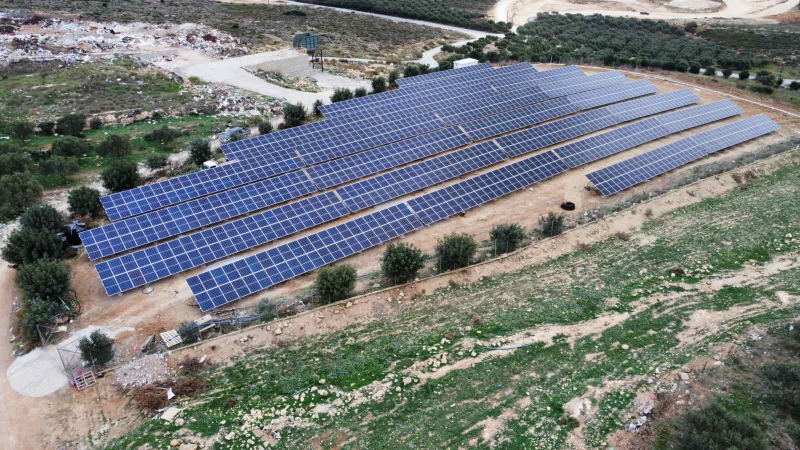
Caption: Minoan Energy Cooperative’s first net metering project, which offers hundreds of households and businesses power for the next 25 years.
The Minoan Energy Cooperative also saw the potential to push further for what they call "energy social justice". By working closely with the local government, they are helping to create a model where renewable energy becomes accessible to everyone. This partnership has ensured that the community’s energy needs are met in a way that is both environmentally friendly and socially responsible.
In the future, MEC is planning to expand its "self-consumption" model, which involves sharing electric vehicles and integrating the solar energy grid with smart grid technology to optimize the community’s energy usage. These developments will not only make the cooperative's energy production more efficient but also open the door for local growth and environmental sustainability.
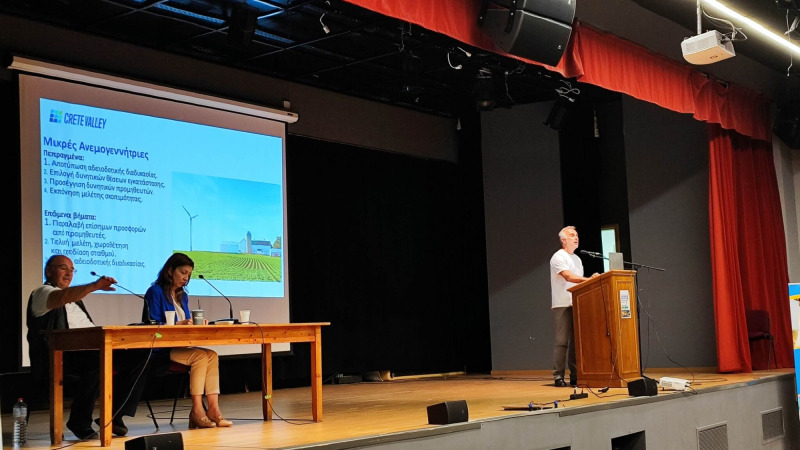
Caption: Local residents participating in community events organized by the Minoan Energy Cooperative, emphasizing the cooperative’s focus on community engagement and collective responsibility.
Minoan Energy Cooperative strives for a socially inclusive economy, made up of private individuals, local businesses, various municipalities. The local government has played a crucial role—not only as a founding member but also by facilitating access to public land for the development of solar projects. These land allocations have allowed Minoan Energy to avoid high land acquisition costs, making the solar installations more cost-effective. Funding for the projects has come from a combination of member contributions, public subsidies, and national or EU renewable energy support. This blend of resources reflects MEC’s commitment to community involvement, taking pride in ownership, while also tapping into more broad financial mechanisms in support of clean energy.
The local government’s involvement goes beyond logistics—it actively pushes Minoan Energy Cooperative’s mission in regional policy discussions, helping to position Arkalochori as a model for community-driven renewable energy transition across Greece. Minoa Pediadas, a founding member, has played a central role by allocating municipal land at symbolic leasing rates, thereby reducing capital expenditures associated with land acquisition. The cooperative’s first 1MW solar park and the ongoing 2MW project were both sited on these municipally owned plots, ensuring public benefit from public assets. Additionally, Minoan Energy has secured grants under Greece’s support schemes for energy communities, with a particular focus on projects promoting self-consumption and energy solidarity (Hellenic Energy Community Registry, 2024). Municipal authorities have also offered administrative support, facilitating permitting procedures and advocating for community energy within regional and national policy frameworks. This coordinated model of citizen–municipality cooperation demonstrates a viable pathway for socially just and decentralized energy transitions.

